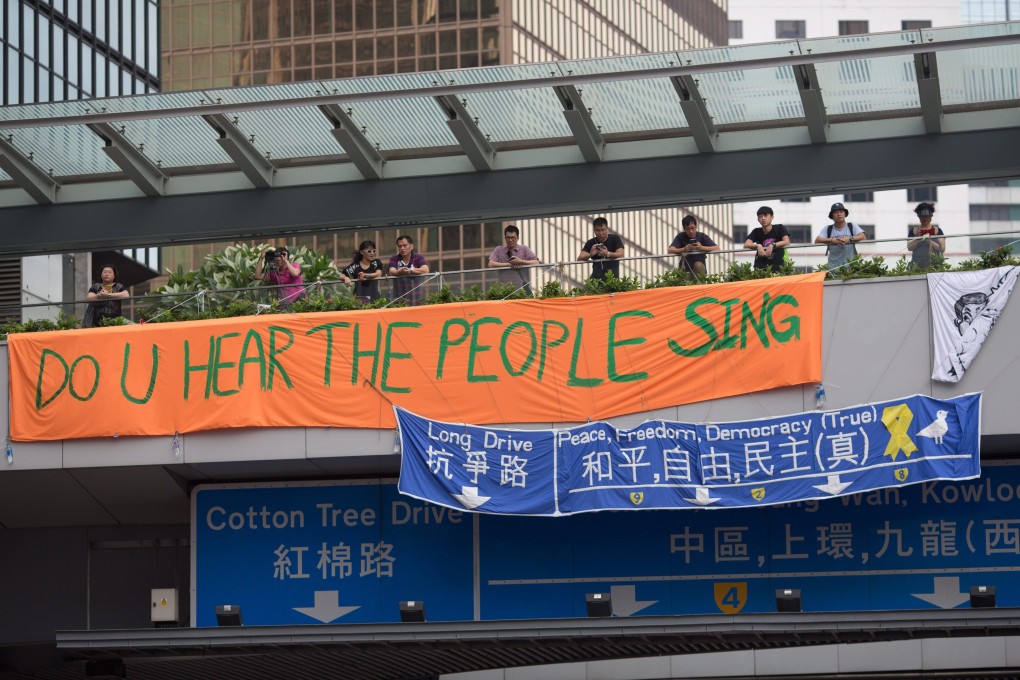A matter of trust - what both sides of the Occupy divide can learn from Confucius
Otto Lin says both sides of the Occupy divide have a historic opportunity to build trust, something that Confucius prized in governance

Tzu Kung, a disciple of Confucius, asked his teacher about the requisites of national governance. Confucius said: "Adequate arms, adequate foods, trust of the people."
"If I cannot afford all three, which one should be dropped first?" Tzu Kung asked.
"Arms," said Confucius. Tzu Kung replied: "If I cannot afford two and one must go, which then?"
"Food. Death is inevitable. But the state has no standing without the trust of the people."
To Confucius, trust was the last line of defence that no leader should ever betray. Understandably, arms and food are components of any nation's hard power. But in the order of priority, trust - being a soft power - comes first and should never be compromised. This was the legacy Confucius left 2,500 years ago. Quite stunning, isn't it?
Looking back, how fortunate we are to have that young student, Tzu Kung. By being inquisitive and persistent, he forced his teacher to sharpen the focus. How fortunate we are to have Confucius. With genuine respect and tolerance for the student, he was able to crystallise the wisdom of good governance.
I think the crux of the Occupy movement is the lack of trust. A lack of trust in the Hong Kong and Beijing governments led scholars to raise the idea, students to carry their banners, and many citizens to come onto the streets. A lack of trust in students bearing genuine grievances led the administration to try to frustrate them, first by firing tear gas, then by hinting at economic and social breakdown.